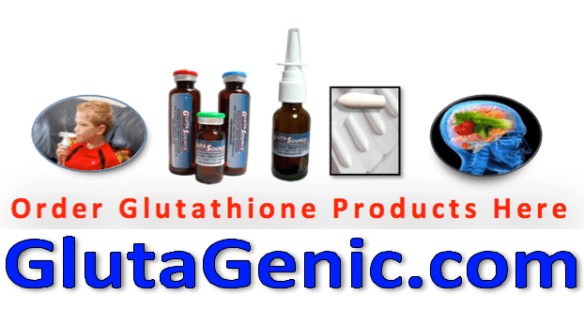An important ongoing debate in the field of psychiatry is whether inflammation in the body is a consequence of or contributor to major depression.
Inflammation in the body is common to many diseases, including high blood pressure, coronary artery disease, and diabetes. Depression has also been linked to an inflammation marker in blood called C-reactive protein (CRP).
Dr. William Copeland at Duke University Medical Center and his colleagues tested the direction of association between depression and CRP in a large sample of adolescent and young adult volunteers. By following the children into young adulthood, they were able to assess the changes over time in both their CRP levels and any depressive symptoms or episodes.
They found that elevated levels of CRP did not predict later depression, but the number of cumulative depressive episodes was associated with increased levels of CRP.
“Our results support a pathway from childhood depression to increased levels of CRP, even after accounting for other health-related behaviors that are known to influence inflammation. We found no support for the pathway from CRP to increased risk for depression,” said Copeland.
These findings suggest that, by this measure, depression is more likely to contribute to inflammation in the body as opposed to arise as a consequence of inflammation in the body. The highest levels of CRP were found in those who had endured the wear and tear of multiple depressive episodes. This suggests the possibility that long-term emotional distress, beginning in childhood, may lay the foundation for inflammatory processes that lead, in middle age, to cardiovascular disease and diabetes.
 “Depression is a recurring disorder for many people. Thus the finding that repeated episodes of depression contribute to inflammation in the body highlights an important role for untreated depression as a contributor to a range of serious medical problems,” commented Dr. John Krystal, Editor of Biological Psychiatry. “These data add to growing evidence of the medical importance of effectively treating depression.”
“Depression is a recurring disorder for many people. Thus the finding that repeated episodes of depression contribute to inflammation in the body highlights an important role for untreated depression as a contributor to a range of serious medical problems,” commented Dr. John Krystal, Editor of Biological Psychiatry. “These data add to growing evidence of the medical importance of effectively treating depression.”
A promising treatment for both depression and inflammation is glutathione. Glutathione is a very straightforward molecule that is produced naturally all the time in your body. It is a combination of three simple building blocks of protein or amino acids — cysteine, glycine and glutamine. The secret of its power is the sulfur (SH) chemical groups it contains.
Glutathione is so important because it is responsible for keeping so many of the keys to wellness. It is critical for immune function and controlling inflammation. It is the master detoxifier and the body’s main antioxidant, protecting our cells and making our energy metabolism run well. And the good news is that you can do many things to increase this natural and critical molecule in your body.
One essential mechanism for raising glutathione in the body is viasupplementation. GlutaSource.info provides a variety of delivery methods that effectively increase glutathione levels in the body.

